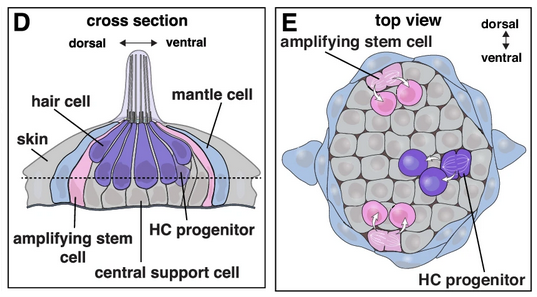As 2022 starts, Hearing Health Foundation (HHF) is excited for all that we have in store for the New Year. From busting common myths about hearing loss to providing money to researchers working on the entire spectrum of hearing and balance research, there’s a lot our supporters helped us with in 2021—and a huge thank you to all who gave during our Giving Tuesday and end-of-year donation periods!
We’re excited to share a few creative ways our supporters can also begin the year setting realistic goals for the year ahead—for themselves, those they love, and the nearly 50 million Americans who are affected by hearing loss. Some simple yet powerful ways to have a healthy start to the New Year include:
Learn more about hearing loss: Supporting those impacted by hearing loss begins with understanding how it works. From causes to treatment, you can learn a lot from our website.
Subscribe to our updates: This is a great way to stay updated on all our life-changing hearing and balance research.
Create an estate plan: Take care of yourself and protect the friends, family, and pets you love most, while building a legacy preventing and curing hearing loss—no matter your age or your wealth.
HHF emphasizes the third resolution because making your plan is an easy way to take care of yourself, while advancing cochlear implant technology, more effective hearing aids, and other groundbreaking treatments and cures for generations to come.
We’ve partnered with FreeWill, a free online resource that guides you through the process of writing a legally valid will in just 20 minutes. This online tool also helps you make other important estate documents vital to securing your future. When creating your will, you can make an optional planned gift to HHF and build a legacy to prevent and cure hearing loss and related conditions.
Together, let’s keep working toward a world where everyone has the opportunity to enjoy life without hearing loss, tinnitus, or other hearing and balance conditions.
This content was prepared in partnership with FreeWill.








Before I discovered CART, I often felt left out, despite being physically present. This gap in awareness affects thousands of people. That’s why I speak up, because access delayed is opportunity denied.